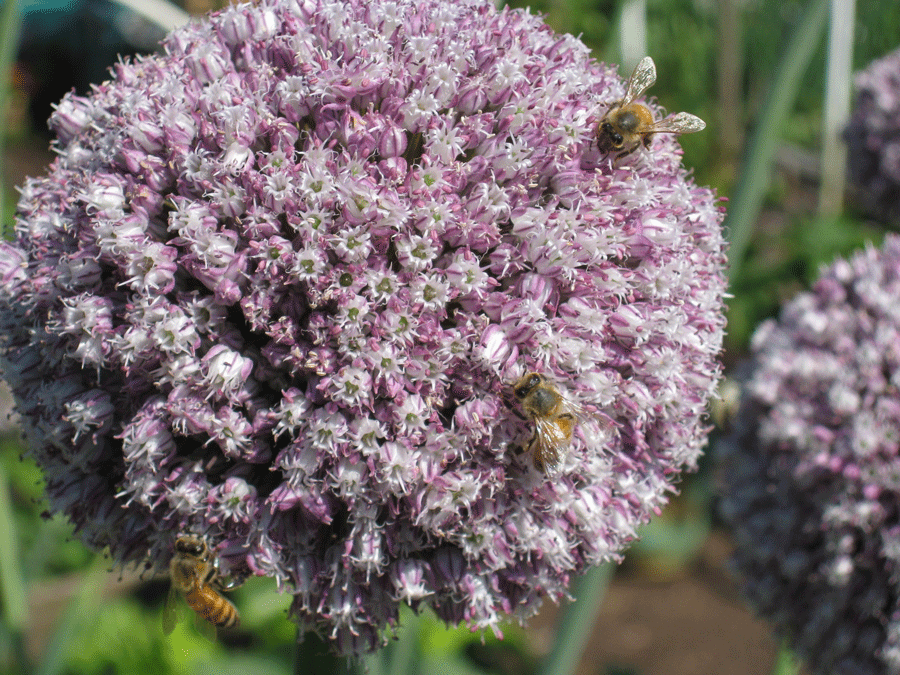
Too long for a science fiction title, you think?
Yeah. In these attention-challenged times it would need to be shorter, sharper.
But I have to say when I read that Edvard Munch’s beloved work “The Scream” sold for $119.9 million at an auction on Wednesday, I felt a kind of primal rage.
I understand the appeal of the work. Surely we’ve all been there, felt that. And Munch’s depiction of a soul in torment is subtle in a florid sort of way. Unlike the works of other more literal artists (Hieronymous Bosch springs to mind with a pitchfork), Munch didn’t illustrate actual nightmarish scenarios. “The Scream” instead reflects the existential horror which lurks just below the conscious level of thought. You never see the monster under the bed, after all. The imagination has no limits.
I love art. I think life would be immeasurably diminished without it. But there’s something obscene about that amount of money being spent on a small pastel. If we had already solved all the world’s problems, eliminated famine, war and pestilence, then, maybe, we could earmark a bit more for decoration. But I realize that’s not how the world works. It’s supply and demand everywhere you go. And as my husband commented when I began ranting about the price of the painting, “They’re not making any more of them.”
Yeah. Well. I get that. But I feel that way about Earth, and the sense of urgency doesn’t seem to be universally shared.
One reason this particular “Scream” is said to be worth more than the average poster is that it has a few lines by the artist describing his inspiration for the work hand-written within the frame:
I was walking along a path with two friends — the sun was setting — suddenly the sky turned blood red — I paused, feeling exhausted, and leaned on the fence — there was blood and tongues of fire above the blue-black fjord and the city. My friends walked on, and I stood there trembling with anxiety — and I sensed an infinite scream passing through nature.
Now it makes sense. Munch, it appears, was an environmentalist, waaay ahead of his time.
In 1962, back when the word ecology was something new and many people thought recycling was a kooky fad, Rachel Carson wrote “The Silent Spring,” a prescient warning on the unchecked use of pesticides and chemicals. Many people thought she was a kook too.
But now, when bee colonies are disappearing around the world because of exposure to the toxins spread by corporate farming, when frog species are vanishing as pollutants poison once pristine habitats, and the toxic clouds forming above cattle feedlots can be seen from space, it’s time to wake up and smell the methane.
Yes, I am a tree-hugger, haunted by the silent screams of disappearing nature.
Earth is the Big Tree and we’re killing it. If it falls, we all go down with it. Probably screaming our heads off.
Where is Munch when we need him?